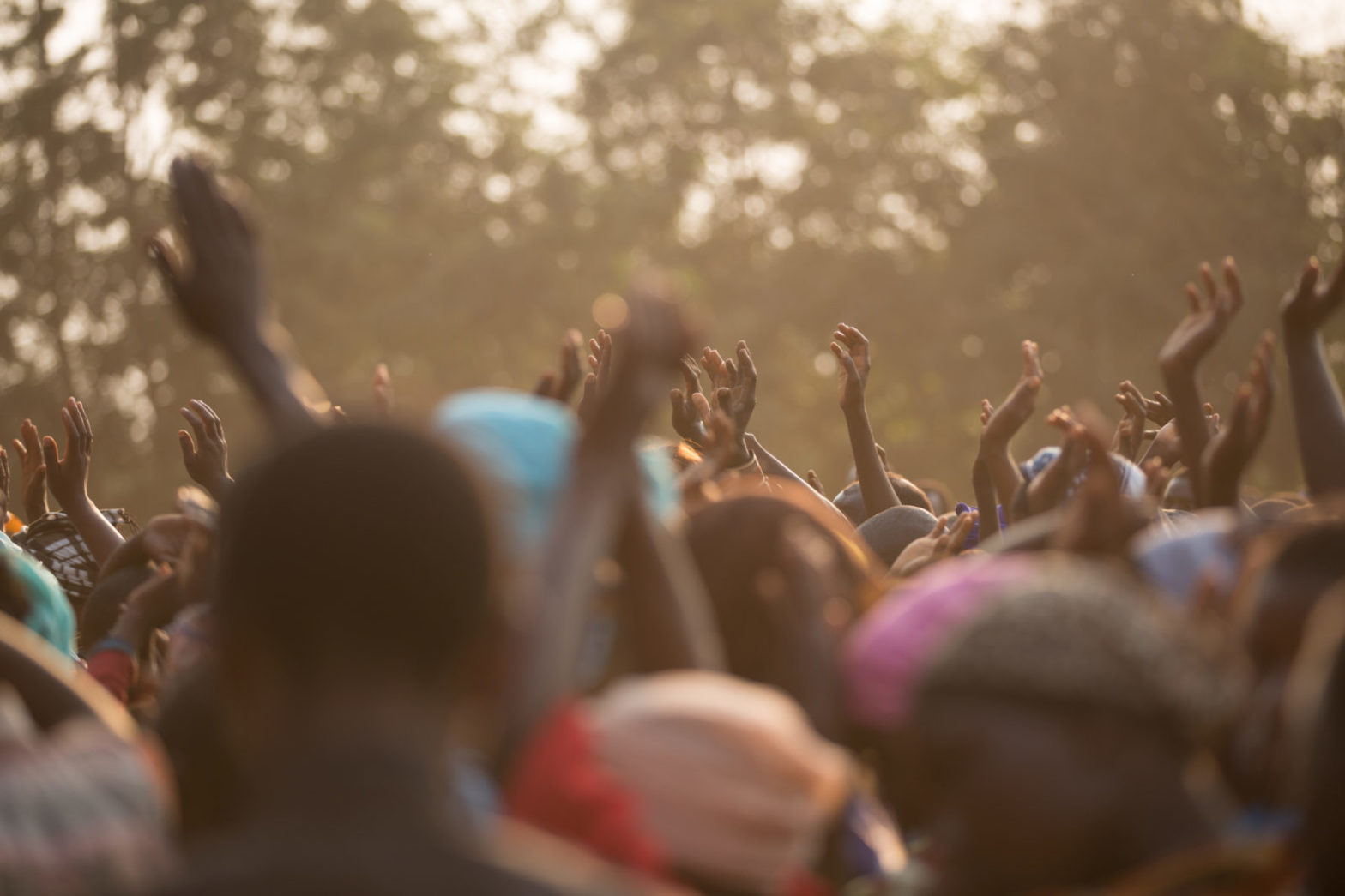By, Isam Itson III
The greatest among you shall be your servant. – Matthew 23:11
“What can I do to make a difference and honor Christ?” This is the question I keep getting asked when Christians begin seriously wrestling with the effects of the social and economic disparities within their societies and the implications of Christ’s command that we love our neighbors, even our enemies, as we love ourselves. Like most of us, they are outraged and at a loss. How do Christians meaningfully respond to the civic, and social conflicts that deepen despair and fuel violence and chaos in our communities? We honor the depth of God’s love for the person in front of us, especially our enemies and rivals, no matter what it costs us. We take personal responsibility to build relationships and help people, especially the poor and outcast, become people who help others, in the name of Jesus. Easier said than done.
The first team I led from our church to work with the Mathare Worship Center (MWC) in the Mathare slums on the outskirts of Nairobi, Kenya, remains the best team I have worked with in the field. MWC runs a primary school, sponsor secondary and university education for the young adults while training them for leadership as Christians in their city and the world. The church also runs a medical clinic for the families in the slum, and a nursery school for children whose parents are AIDS positive. For the church leaders, teachers, and medical staff it is a labor of love. They all left more prosperous career paths to follow Jesus Christ in serving the people of Nairobi in the slums of the Mathare Valley. Sunday service and the lunch that followed were a highlight for the worshippers who packed into the small building on the edge of the slum. We worshipped for hours, and the message brought hope to the people, who lived in soul crushing poverty.
After eight days immersed in the life of our host church and living in a relatively simpIe guest house nearby, I took them to a much more wealthy church in the city center. This church was like our church in the United States. The people had more stable, prosperous, and comfortable lives than their fellow citizens who lived in the Mathare slum on the other side of town. This was a congregation filled with educated white collar professionals and successful business owners. The church held three ninety minute services just like our church in Colorado Springs. The members of the congregation had busy lives, family challenges, and the vast majority had little time to serve at the church itself, let alone to personally serve the poor in their city.
Additionally, most of the people in the congregation were afraid of the people who lived in the slums. If they went to the slums their vehicles might be vandalized, they might be robbed, and assaulted, or even killed. Most of the people at the more prosperous church are willing to donate old clothing or food to organizations that work with the people who live in the slums of Nairobi, but the slum residents are not the type of people they want to be associated with in their daily lives.
After church service we left for the nice resort hotel that I purposely moved us to because of its proximity to the airport and ideal setting for reorientation into our more comfortable lives in the United States. One of the things that troubled our team members was the lack of regard the members of the wealthy church had for the people who lived in the slums, like our new friends in the Mathare Valley. Then I did the sneaky pastor thing. I asked, “Are we any different?” How many close relationships do we have with the people who live in the poor neighborhoods of our cities? What is our attitude toward people on the margins in our country? Why don’t we spend more of our time rubbing shoulders with the people in those parts of town?
One of the things I pointed out to our team is that we were able to serve in Kenya because we had accounted for our responsibilities in Colorado Springs during our absence. Also, unlike the members of the more prosperous church in Downtown Nairobi, our meals, accommodations, transportation, and scheduling, were all handled for us during our time in Nairobi. We were able to focus on serving others with minimal consideration for the necessities of daily life. They face the same type of demands in Nairobi, Kenya as we do back home. What we really had to wrestle with was how to account for the real demands on our time, energy, and attention in the United States while making more consistent room for the people in our own congregation and community. As Jesus taught the crowds and his disciples, the greatest among you shall be your servant. We had to get serious about serving others in the name of Jesus, as a way of life. We had to commit and submit to building our lives to meet the needs of others.
So, back to our opening question. How do we build relationships in our churches across social, ethnic, and political divides that contribute meaningfully to the lives of the people in our local community and glorify God? How do we live together in the church in a way that honors God’s love for all people? We begin by uniting in Christ across the ethnic, social, economic, class, and racial divides in our own congregations. Then we follow Jesus, helping each other, personally bring his light, life, and love into the lives of the most vulnerable people in our communities. This is simple, but excruciating. It demands that we embrace personal sacrifice, suffering, and temporary loss, for the benefit of others, in submission to Christ, as a defining aspect of our lives. Just like Jesus did on the cross.
That is what the Apostle Paul addresses in his letter to the church of Ephesus. Throughout this series I will look at the Apostle Paul’s letter to the church at Ephesus for guidance in the process of honoring our unity and diversity in Jesus Christ within our local congregations. Building meaningful, personal, relationships across our social and cultural boundaries is vital to the fulfillment of God’s mission for the church. Our unity is fundamental to our ability to help each other honor God’s love for the people outside of our congregations as ambassadors, or representatives, of the Kingdom of Heaven. Honoring the value of our diversity is fundamental to making the best contribution to the quality of life for more people in our local communities.
This is how God designed his church to bring the light and life of his love to those perishing and destroying each other in the darkness. This is the life we were made for. It cost God his only Son. It costs us everything. And after more than thirty years as a follower of Jesus Christ I assure you the sacrifice is worth it. A new post on this subject will be available every Thursday morning. Join me as we follow Christ and learn to honor God’s love for our neighbors, no matter how much or how little we have in common with each other.

